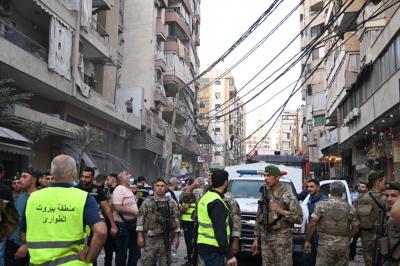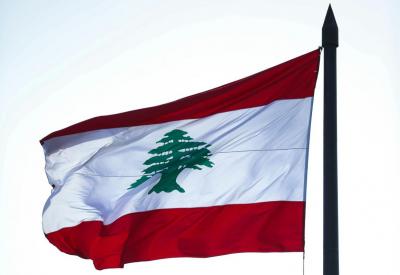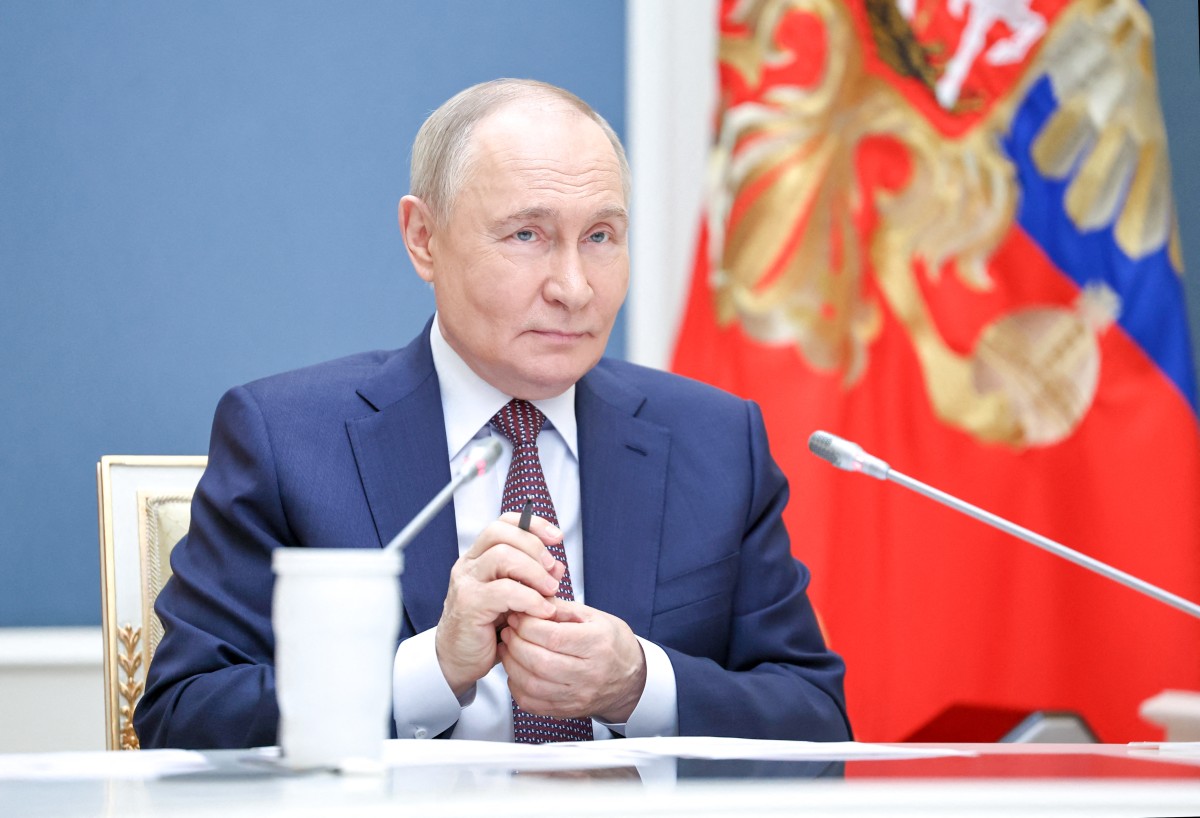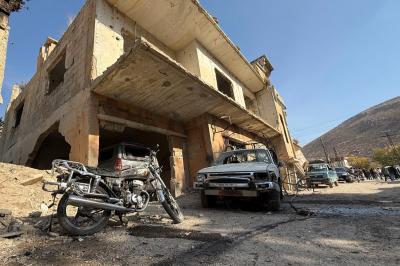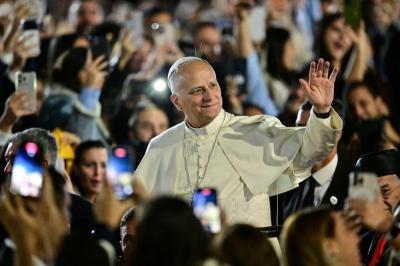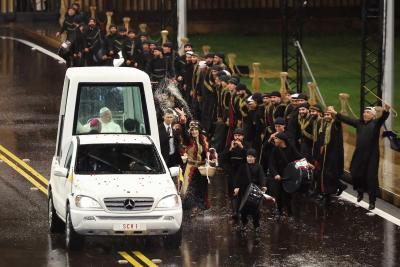As two Russian and Ukrainian delegations meet in Turkey to begin "direct" peace negotiations, the first in over three years, the verbal jousting continues on both sides. President Putin and President Zelensky are not participating in the meetings. Kyiv accuses Russia of a lack of seriousness, and Moscow responds that it is dealing with a pathetic clown.
The most important issue, however, remains the agenda of the negotiations.
Annexed territories
Russia has repeatedly assured that it will retain the areas it occupies in southern and eastern Ukraine and is demanding that Kyiv cede more territory and relinquish four annexed regions: Donetsk, Luhansk, Kherson, and Zaporozhe. These areas are an addition to the Crimean Peninsula, which Moscow had already annexed back in 2014.
Putin had already requested that Ukraine withdraw its forces from areas still under its military control as a precondition for any peaceful settlement.
Russian Foreign Minister Sergei Lavrov, for his part, emphasized that recognition of Moscow's annexation of these territories was "essential" for any negotiations.
But Zelensky asserts that Kyiv will attempt to reclaim these territories through diplomatic means, thus acknowledging that Moscow could retain control of some of them in any potential peace agreement between the two sides. Russia occupies nearly 20% of Ukraine's land area.
NATO, Russia's phobia, Ukraine's lifeline
Russia therefore insists on rejecting any acceptance of Ukraine's membership in NATO and calls for Zelensky's removal from office. In March, the Russian president raised the idea of placing Ukraine under UN-backed "interim administration," renewing his call for Zelensky's removal.
Russia has also repeatedly sought to reduce the size of the Ukrainian army and declare the country a neutral state, suspending arms deliveries to Kyiv from European countries. Moscow has already affirmed its rejection of the deployment of NATO forces in Ukraine in any form.
Zelensky, however, is demanding "security guarantees" for Ukraine as part of any potential peace agreement, preventing a future Russian attack. His main demand is that Ukraine join NATO or be subject to Article 5 of the alliance's Collective Defense Treaty. However, US President Donald Trump has ruled out Ukraine's membership in the alliance.
Britain and France are holding discussions on the possible deployment of European forces to ensure compliance with any ceasefire.
The Ceasefire
Zelensky wants an immediate and unconditional ceasefire on land, at sea, and in the air. He accepted a US proposal to this effect in March, but it did not receive the Russian president's support. In response, Putin ordered two short truces, one during Easter and the other on the sidelines of the celebration of Russia's victory over Nazism on May 9. Airstrikes decreased during both periods, but Ukraine accused Moscow of violating them hundreds of times.
In a speech late last week, in which he called for direct negotiations, Putin "did not rule out" some form of ceasefire between the two sides.
Negotiations toward a dead end
On the American side, Secretary of State Marco Rubio indicated that he did not expect any progress in the Istanbul talks. President Trump, who has been pushing the two countries to negotiate for months, raised the possibility of visiting Turkey on Friday if progress is made in the negotiations, adding that he did not think "that anything will happen, whether you like it or not, until he and I meet," meaning Putin.
Please post your comments on:
[email protected]
 Politics
Politics
